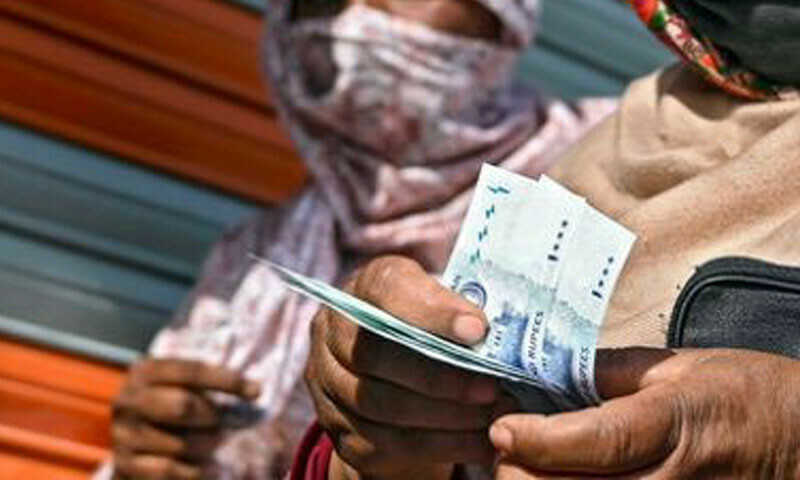TRADE & ECONOMY

The Supreme Court of Pakistan has declared that a divorced daughter is entitled to receive her father's pension, emphasizing that the right to pension is based on constitutional and legal entitlement, not marital status.
The judgment, authored by Justice Ayesha Malik, spans 10 pages and addresses critical issues regarding pension rights and gender equality in Pakistan. The court made it clear that a government employee’s pension is a legal and constitutional right, and not a discretionary benefit or act of charity.
Sindh Govt’s 2022 Circular Nullified
The apex court also struck down a 2022 circular issued by the Sindh government, which restricted the pension entitlement only to those daughters who were divorced at the time of their father's death. The Supreme Court declared the circular unconstitutional, discriminatory, and null and void, calling it a violation of constitutional rights.
Petitioner Surah Fatima's Case
The case was brought forward by Surah Fatima, a divorced daughter who had filed a petition to restore her late father's pension. The Larkana bench of the Sindh High Court had ruled in her favor, but the Sindh government appealed the decision in the Supreme Court—an appeal now dismissed.
Pension Is a Right, Not a Privilege
Justice Ayesha Malik stated that pension is an extension of a government employee’s right to compensation, and when passed on to the family, it should not be delayed or denied. She underscored that marital status should not determine entitlement, particularly in the case of divorced daughters who may face financial hardships.
Violation of Constitutional and International Norms
The court also noted that denying pensions to married women or divorced women based on timing is a violation of Articles 9 (right to life), 14 (dignity of man), 25 (equality before the law), and 27 (protection against discrimination in services) of the Constitution.
The judgment expressed concern that Pakistan ranks among the lowest (last among 148 countries) in gender equality indicators, despite being a signatory to multiple international agreements on women's rights and non-discrimination.
A Progressive Step Forward
Legal experts have hailed the decision as a progressive step toward gender justice and a crucial acknowledgment of the financial vulnerability of women, especially in patriarchal structures where daughters are often denied inheritance and post-retirement benefits.
This ruling is expected to set a nationwide precedent, prompting changes in provincial regulations and reinforcing the need for equal treatment of women in state benefits.




